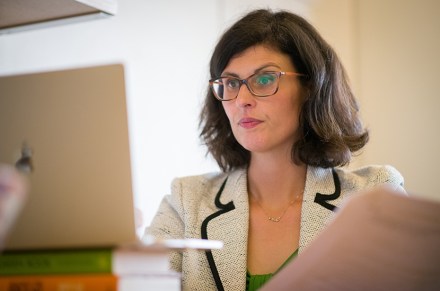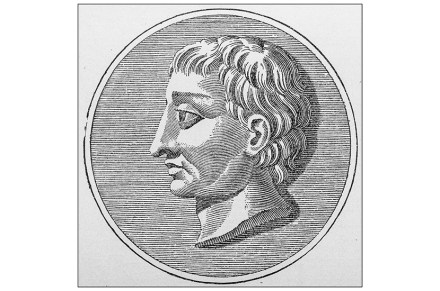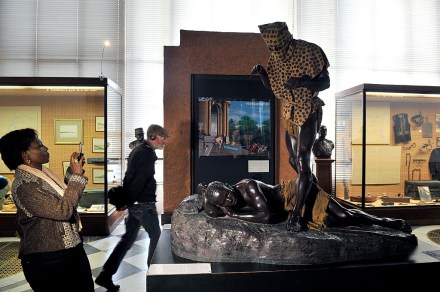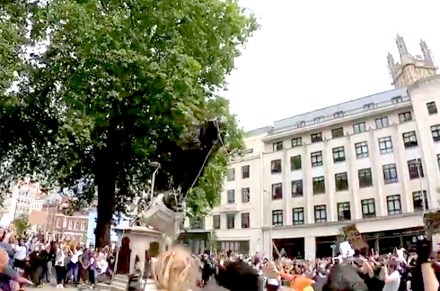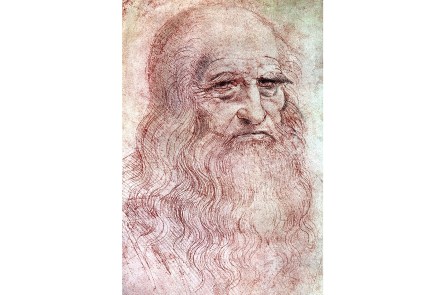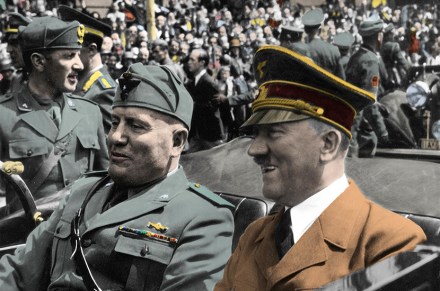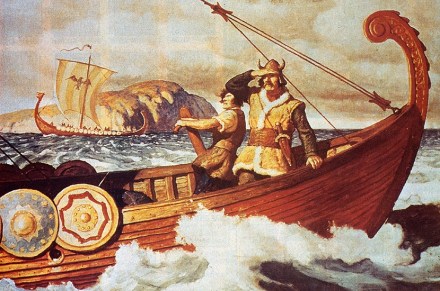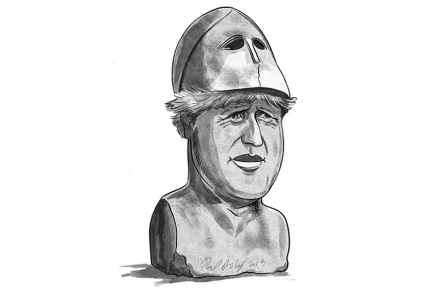Does the curriculum really need ‘decolonising’?
Layla Moran, the Lib Dems’ education spokesman, has written to Gavin Williamson urging him to do something about ‘systemic racism’ in schools. ‘Changes to the history curriculum, such as learning about non-white historical figures and addressing the darker sides of British history honestly, are a vital first step to tackling racism in our education system,’ she wrote. ‘This chasm in information only serves to present students with a one-sided view of the events in history.’ I’m not sure Moran knows very much about how the education system works. For one thing, Williamson cannot dictate how history is taught in free schools and academies — they don’t have to follow the
